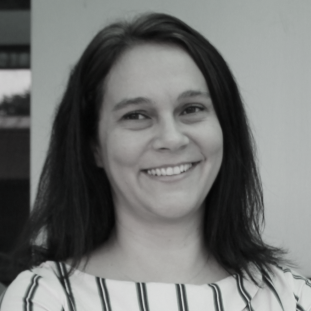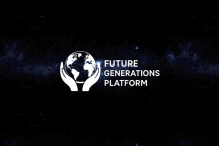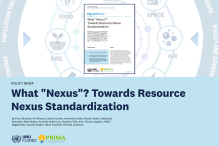Catalysing Policy Improvement in Africa (CPIA) aims to promote and produce Maternal, Newborn, Sexual and Reproductive Health (MNSRH) policy improvement and development in five countries: Senegal, Burkina Faso, Tanzania, Uganda and Mozambique.
CPIA will promote and produce MNSRH policy improvement and development through a model of external assistance that is: a) de-colonial, nationally led and considerate of the need to strengthen local research and policy-making systems and institutions; b) positively synergistic with other externally-driven initiatives; and c) committed to prioritising equity in terms of both processes and outcomes. The project will result in a variety of tangible policy outputs that will have been enabled or catalysed by CPIA. These will be in the form of updated and improved versions of existing policies, or new policies.
CPIA will also conduct a prospective evaluation to enable real-time modification and improvement of planned activities and ensure that the CPIA model is properly studied, documented and able to generate country-specific case studies and generalisable lessons.
CPIA will be delivered by the International Institute of Global Health of the United Nations University (UNU-IIGH) working through a ‘core partner’ within each country that will act as an anchor point for UNU-IIGH and CPIA.





